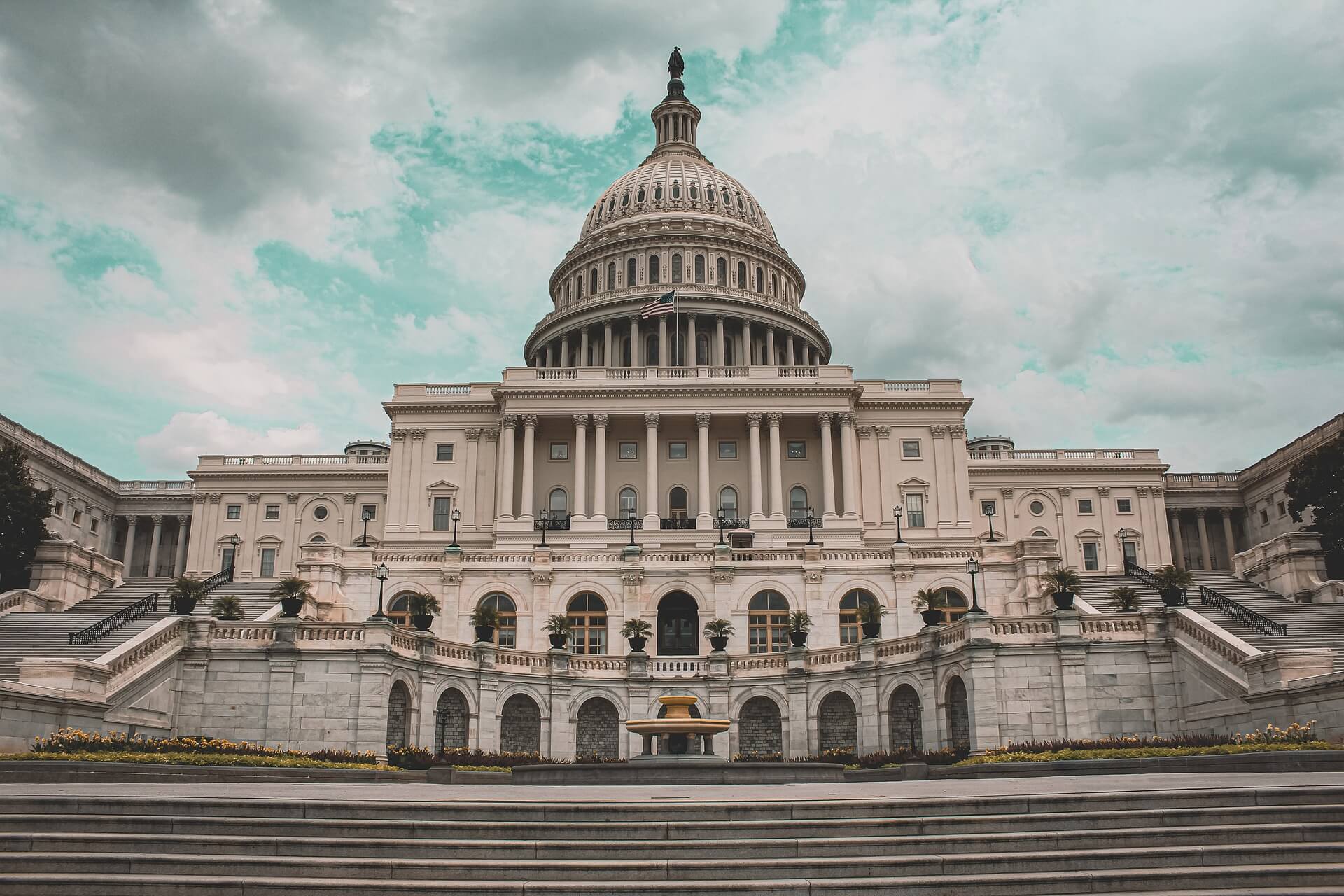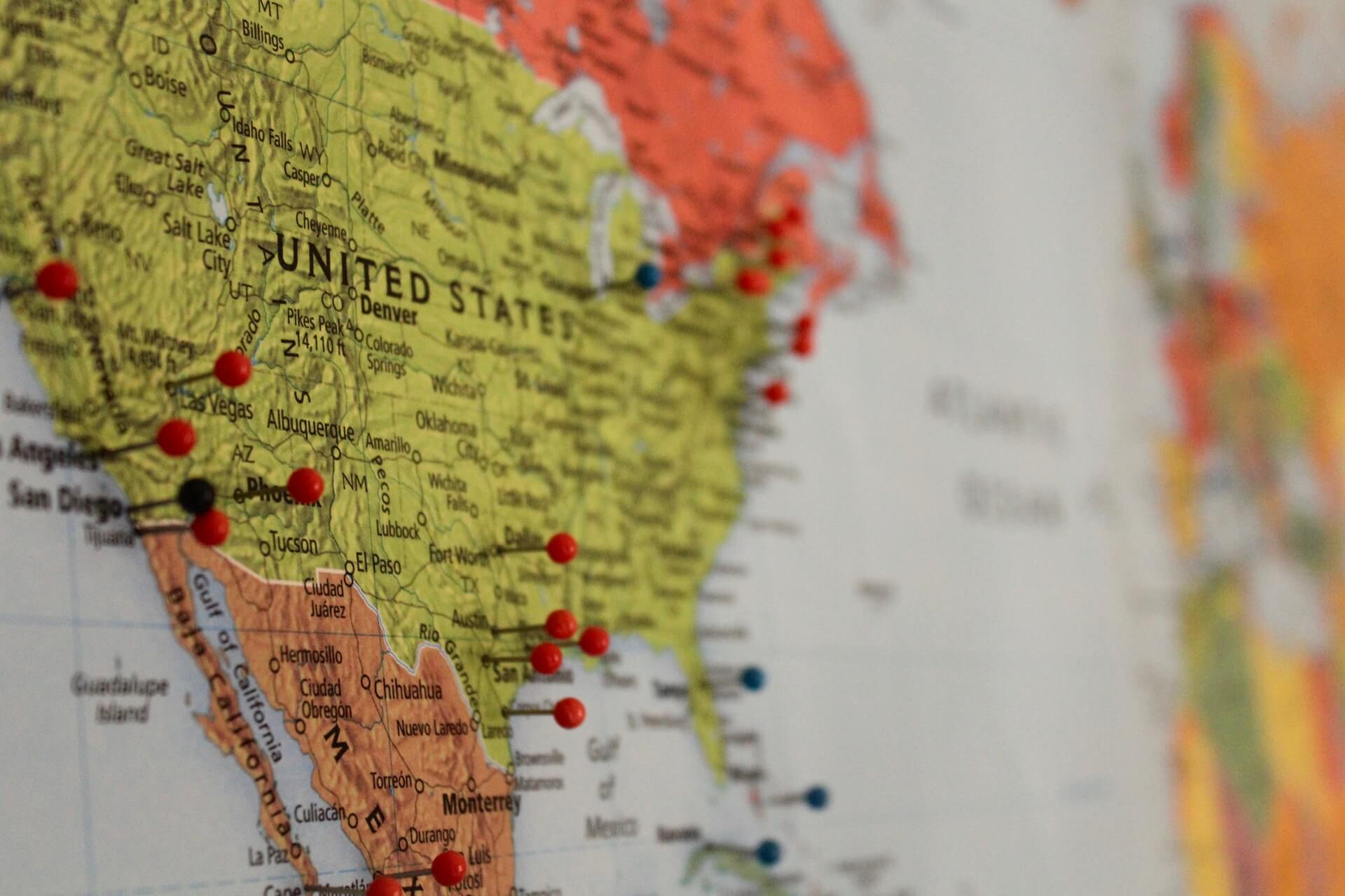5 Books to Read this Month: September
by David Klemt

This month’s fun and informative book selections will help you develop next-level culinary, beverage and leadership skills.
To review last month’s book recommendations, click here.
Let’s dive in!
Holy Smoke! It’s Mezcal! (revised second edition)
The world is steadily becoming more and more enthralled with all agave spirits. Mezcal, of course, helped spearhead this interest and the category’s growth. If you want a deeper understanding of mezcal, John P. McEvoy’s Holy Smoke! It’s Mezcal! is the book you’re looking for. Click here for the black-and-white version, and here for the full-color version.
Cocktails of the Movies: An Illustrated Guide to Cinematic Mixology New Expanded Edition
There’s no doubt that pop culture has an impact on food and beverage trends. In Cocktails of the Movies, authors Will Francis and Stacey Marsh take a look at cocktails featured in film. Not only are there recipes, you’ll find a history of each cocktail, the scene it was in, and artwork.
The Infused Cocktail Handbook: The Essential Guide to Homemade Blends and Infusions
One excellent way to set your bar program apart from the competition’s is with house infusions. Kurt Maitland’s The Infused Cocktail Handbook dives into what spirits pair best with specific ingredients, including bacon and gummy bears.
The Cocktail Seminars
As the story goes, author Brian D. Hoefling taught his fellow Yale students about cocktails and build techniques during his senior year. The Cocktail Seminars is a collection of five of Hoefling’s education seminars and spans 30 cocktail recipes. Along with technique, readers will learn about the history of cocktails, which they and their bar teams can leverage to engage with guests.
5 Levels of Leadership: Proven Steps to Maximize Your Potential
John C. Maxwell’s book 5 Levels of Leadership helps people become true leaders. Remember, becoming a leader is a journey in and of itself, not just a position you find yourself in.







